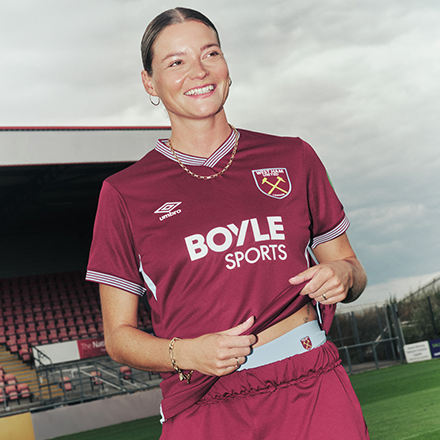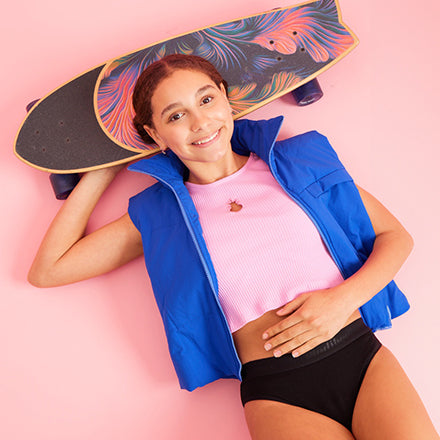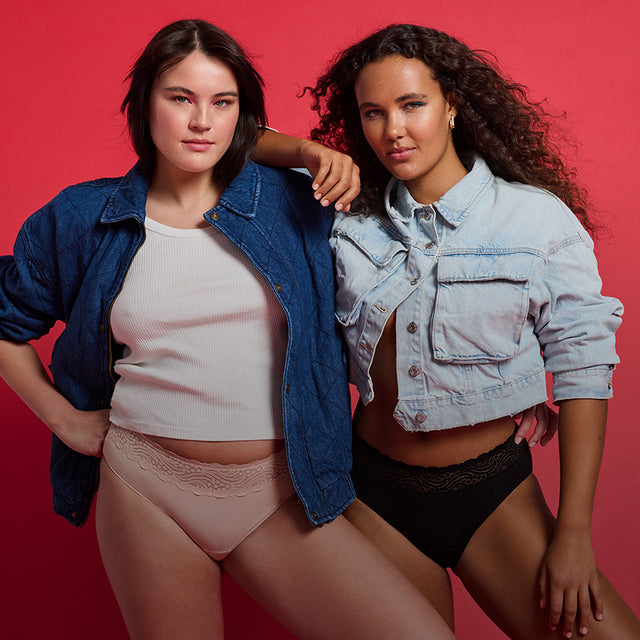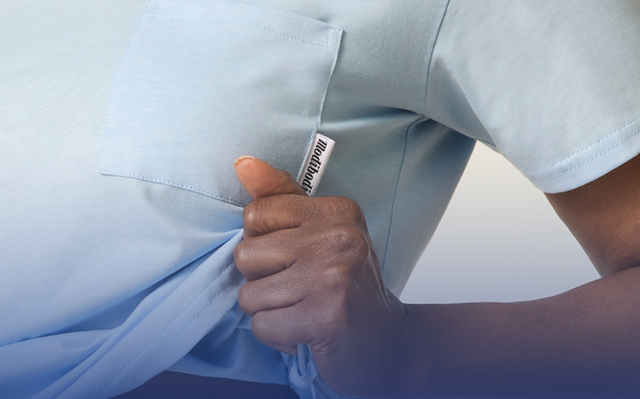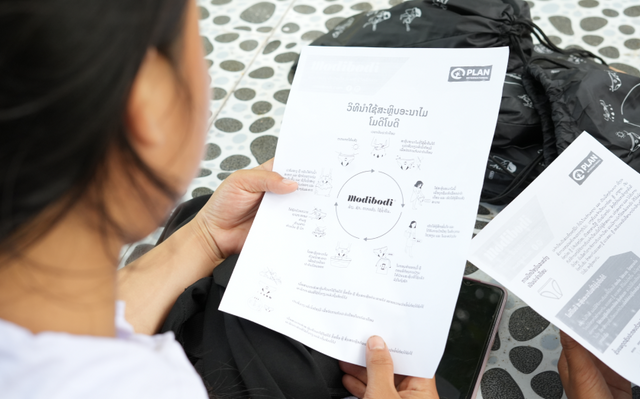When it comes to fighting for Period Equity, these women know a thing or two. This month, we took a deep dive into the work of five different women, on making the world a better place for people who bleed.
Nikki, co-founder of Mai Movement Hawai’i looks at how period poverty disproportionately affects menstruating students, homeless individuals and trans or non-binary individuals in Hawai’i.
What does your organization do?
Ma'i Movement Hawai'i was founded in October 2020 to directly address the issue of period poverty, which disproportionately affects menstruating students, members of low-income households, persons experiencing homelessness, individuals who identify as nonbinary or transgender, as well as those presently incarcerated. We believe that all individuals of menstruation age have the right to access sanitary products, the right to manage their bodies without shame or stigma, and the right to request and access safe and hygienic places to use these products.
How does your program/project currently help to improve the health of the communities in which it reaches?
When Ma'i Movement Hawai'i started in 2020, there was no local data around period poverty or menstruation in Hawai’i. We heard anecdotal reports that people were putting their health at risk entirely due to a lack of access to menstrual products – including by choosing to use period products in excess of the recommended time frames or unhygienic alternatives such as socks, toilet paper, diapers, or newspapers.
In addition, menstruators also reported having to miss school and work, as well as emotional stress as a result of their access to period products. We learned that government assistance programs, such as SNAP and WIC, do not cover period products, forcing some to exchange their food stamps for period products. The pandemic has only exacerbated these inequalities that existed, making small fractures that are now shattering the very foundations people were barely surviving on.
Our focus is the needs of underserved menstruators attending local K-12 schools, the houseless population, and LGBTQIA+ communities that are systemically and disproportionately affected by period poverty. Our operations provide and distribute free disposable and reusable menstrual products by mail, delivery and distribution fairs. We have distributed nearly 400,000 disposable and reusable period products directly to individuals through more than 60 partner organizations and over 85,000 products to 20 schools. Our Sustainable Ma’i program provides participants a choice between three different reusable period products and incorporates period management education.
Donations are wrapped in period management education that addresses the root causes of menstrual inequity – lack of income, inadequate education and feeling shame or stigma.
We have made strides in local data collection, being the only organization with demographic information on period poverty in the islands. We co-authored the first government report on period poverty in Hawai’i with the Hawai’i State Commission on the Status of Women in 2021. In this legislative session, we are on the cusp of passing SB2821, a bill that would make period products free in all public and charter schools in Hawai’i.
What makes you passionate and why are you personally committed to its success?
Growing up in Waimanalo on Hawaiian homelands, my sisters and I witnessed and experienced firsthand the struggles many local households face living paycheck to paycheck and struggling to make ends meet. I was living overseas in 2018 when I first learned of girls and women suffering from period poverty in Africa. It was the first time the issue was defined and I wanted to do something about it. Two years later, the pandemic swept the world and crushed Hawai’i. It was a phone call from Brandy-Lee, my older sister and co-founder, who works for Native Hawaiian health at Queen’s Hospital, and she urged me to address the issue of period poverty in Hawai’i and sparked the Ma'i Movement. We roped our younger sister, Jamie-Lee Kapana, to run operations from O’ahu and service all other islands. Although I’m located in Maryland, Brandy on Hawai’i island, and Jamie on O’ahu, we are unified in our mission, dedication, and kuleana (or responsibility) to the people of Hawai’i.
Local Hawai’i households have always struggled with the cost of living due to stagnant wages and rising costs. It is a contributing factor to Hawai’i residents moving out of state in search of better economic and employment opportunities. The economic downturn due to the pandemic has seen the number of local households living under the poverty level jump from 9% to an estimated 20%. 65% of our recipients are on government assistance and 35% are under the age of 18. Two in five menstruators that have received period products from us identify as Native Hawaiian, and 16% as other Pacific Islanders. Menstruators should not have to make choices between household essentials, such as food or utility bills, and period products.
What's new or interesting about what you are doing?
Ma’i Movement Hawai’i is in a unique position of establishing measurements of impact in regards to period poverty. Although period product distribution is not distinctive to our organization, we have started our data collection efforts from a zero baseline. As a small nonprofit run by three sisters and supported by a small group of volunteers, our services have reached people from all inhabitable islands of our state in just over a year in spite of forming in the middle of a pandemic.
Our program is not simply providing products and putting a temporary fix on a larger problem, but intersecting our advocacy and education efforts into every program we run to guarantee systemic change and a radical future for girls, women and people who menstruate to thrive. Moreover, being of Native Hawaiian descent and women-led, this is an issue we are deeply committed to because of our own personal experiences with menstruation and heritage.


